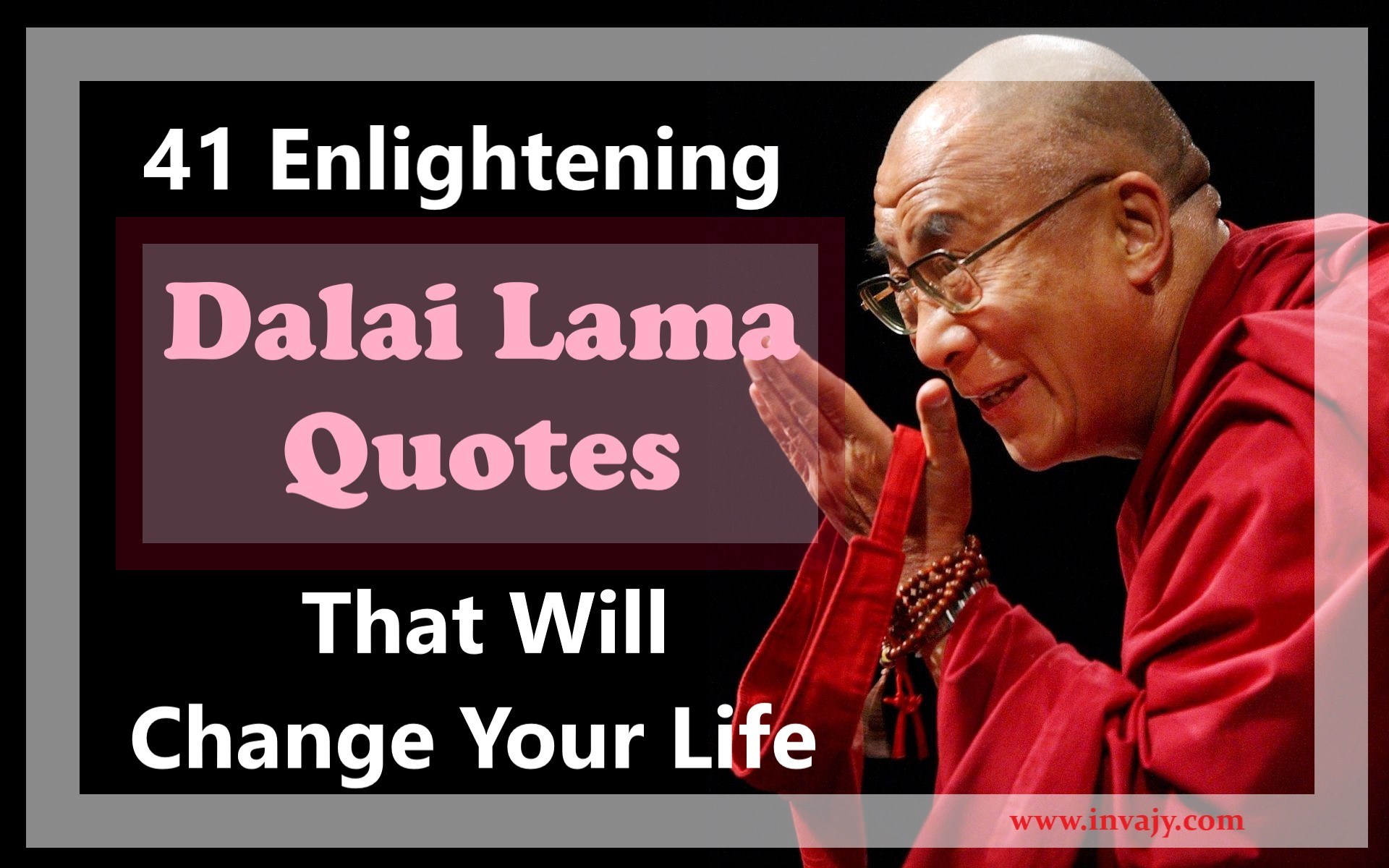

Even though we are social animals, there is a lack of responsibility toward each other. But despite working together, many feel lonely and stressed. In organizations, people work closely together every day. Yet, despite our many extraordinary qualities, we seem less able to cooperate. Human beings, on the other hand, have constitutions, complex legal systems, and police forces we have remarkable intelligence and a great capacity for love and affection. Though they may occasionally squabble, the colony survives on the basis of cooperation. They have no constitution, police, or moral training, but they work together in order to survive.

What’s more, as human beings, we are physically, mentally, and emotionally the same. As participants in the same global economy, we depend on each other, while changes in the climate and the global environment affect us all. I consider our tendency to see each other in terms of “us” and “them” as stemming from ignorance of our interdependence. And the focus on turning a profit often overrules a commitment to people, the environment, or society. The gap between rich and poor and between CEOs and employees is at a historic high. Rates of stress, anxiety, and depression are higher than ever. Our desire for happiness is something we all have in common.īut today, the world seems to be facing an emotional crisis. Why? Because all human beings want to be happy, and no one wants to suffer. What might a better world look like? I believe the answer is straightforward: A better world is one where people are happier. During this time, we should work to leave the world a better place. We are here for 90 or 100 years at the most. We should remember that we are visitors on this planet. Leaders, whatever field they work in, have a strong impact on people’s lives and on how the world develops. I am happy to share some of my observations in case others may benefit from what I have learned. Over the past nearly 60 years, I have engaged with many leaders of governments, companies, and other organizations, and I have observed how our societies have developed and changed.


 0 kommentar(er)
0 kommentar(er)
